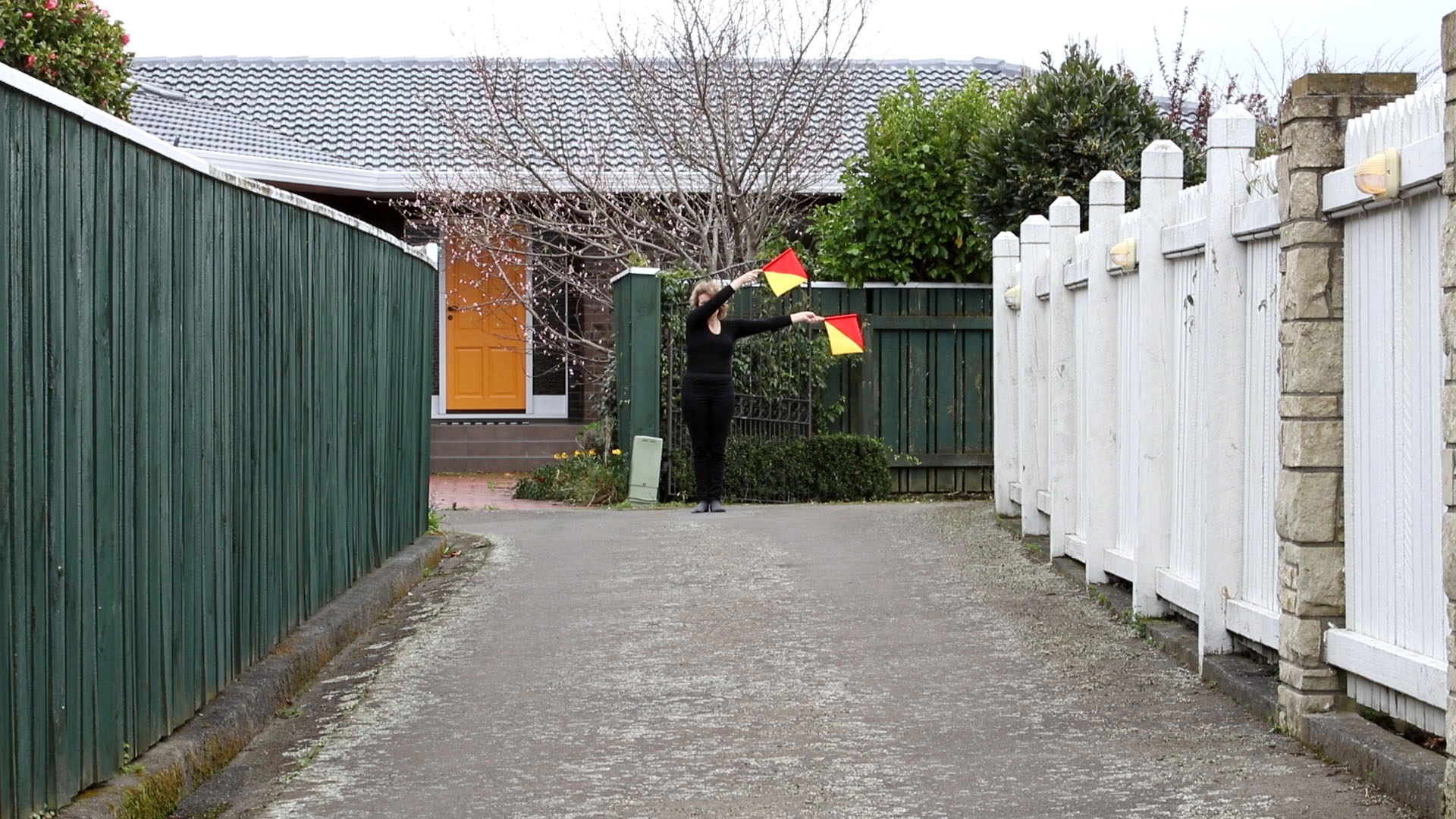Video, 40 min 39 sec, 2019
“Our obsessions about love…begin with that first recognition that females matter less than males, that no matter how good we are, in the eyes of a patriarchal universe we are never quite good enough. Femaleness in patriarchal culture marks us from the very beginning as unworthy or not as worthy, and it should come as no surprise that we learn to worry most as girls, as women, about whether we are worthy of love.” – Bell Hooks[1].
In our search for acceptance how much of our autobiography do we have to alter? To gloss over or leave out altogether? How often do we have to repeat the performance before we are loved? Endlessly criticised for failure, successes forgotten.
Ironically autobiography is a powerful, and possibly the only, tool we have to create a subjective identity. But if we are truly subjective will we ever be accepted, will we ever be loved?
I use repetition, performance and autobiography to chart my research into acceptance, love and family.
“do you love me?” is the question we are all asking, whether it be to family, friends or an intimate partner. To be loved is a primal need we are born with, without love no one would feed and shelter us, we would never survive infancy. It’s imperative as small children we are accepted by our families.[2] So why do those of us who have made it to adulthood still ask this question? Do we not already know we are loved?
Love means very different things to different people in different circumstances. So how do we understand each other when communicating about love? If we send out the question will someone receive it? Will we understand the response? (if there is one)
‘do you love me?’ is
a video work of a woman using a child size pair of semaphore flags to
repeatedly signal ‘do you love me’. However, the woman is signalling in mirror
image, a common mistake when first learning semaphore, playing further into the
miscommunication around love. The flags are red & yellow Oscar flags used
to signal at sea, increasing the miscommunication and distance between
performer and viewer.
[1] Hooks, Bell. Communion: The Female Search for Love, Harper Perennial, New York,2002
[2] Hooks, Bell. All About Love: New Visions, Harper Perennial, New York, 2000
Exhibited
do you love me? FELTspace, Adelaide, Australia, 2019
